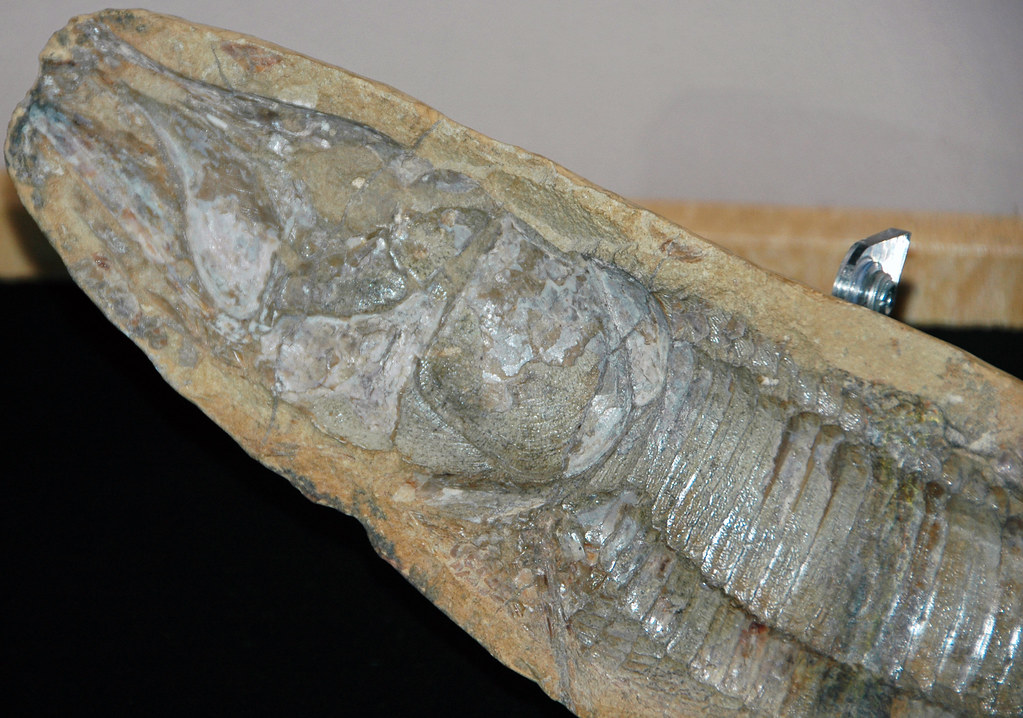Science News Roundup: Chinese fish fossils take a bite out of mystery of origin of jaws; Chilean scientists discover 12,000-year-old elephant remains and more
Until now, only scrappy fossils of vertebrates from that critical time in the evolution of animals with backbones had been known, leaving the earliest ones with jaws as something of a mystery. U.S. agency adopts new space junk rules to reduce exploration risks The U.S. Federal Communications Commission (FCC) voted 4-0 Thursday on to adopt new rules to address growing risks of orbital debris to space exploration by shrinking the time to remove defunct satellites.

Following is a summary of current science news briefs.
Chinese fish fossils take a bite out of mystery of origin of jaws
For human beings and 99.8% of our fellow vertebrates, having jaws is an integral part of life. Just try eating a taco without them. But, like everything else in our bodies, jaws had to start somewhere. Researchers on Wednesday described the earliest-known vertebrates that possessed jaws as revealed by fossils of four remarkable fish species unearthed in China, two dating from 436 million years ago and two from 439 million years ago. Until now, only scrappy fossils of vertebrates from that critical time in the evolution of animals with backbones had been known, leaving the earliest ones with jaws as something of a mystery.
U.S. agency adopts new space junk rules to reduce exploration risks
The U.S. Federal Communications Commission (FCC) voted 4-0 Thursday on to adopt new rules to address growing risks of orbital debris to space exploration by shrinking the time to remove defunct satellites. The FCC voted to require post-mission disposal of low-Earth orbit satellites within five years. The agency previously recommended operators of satellites in low-Earth orbit ensure spacecraft re-enter Earth’s atmosphere within 25 years.
Chilean scientists discover 12,000-year-old elephant remains
Gomphotheres, an extinct relative of the modern elephant, roamed southern Chile thousands of years ago and might have been the target of group hunts by inhabitants of the region, Chilean scientists hypothesize after a recent discovery.
Scientists recently uncovered several Gomphothere remains dating back 12,000 years near Lake Tagua Tagua, a glacial finger lake, in southern Chile.
(With inputs from agencies.)
ALSO READ
U.S. Expands Export Restrictions on Chinese Tech Firms
Pakistan-China Dialogue: Ensuring Security for Chinese Nationals
Pakistan-Chinese Security Dynamics: A Strategic Collaboration
Chile and IDB Sign $180M Deal to Boost Growth, Exports, and Sustainability
Lao Airlines to Debut Chinese C909 Jet Amid Regional Expansion










